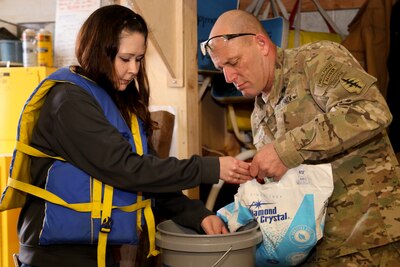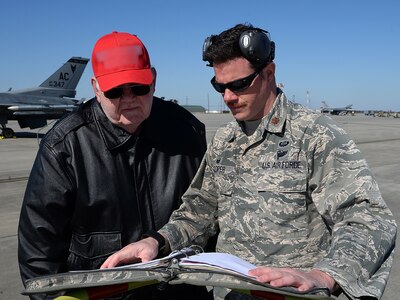By Lisa Ferdinando DoD News, Defense Media Activity
WASHINGTON, April 12, 2018 — The recapitalization of the
nation’s polar icebreaker fleet is a matter of vital national interest, Coast Guard Commandant Adm. Paul F. Zukunft told reporters here yesterday.
"This is the highest priority for us right now,”
Zukunft said at a Defense Writers Group event. “It’s the one area where we
don’t have redundancy in our national inventory when it comes to icebreakers.”
The Arctic region has seen many changes since the Coast
Guard released its Arctic Strategy in 2013, he said, such as receding sea ice
and as increased human activity, which includes a larger Russian footprint in
the region.
The Coast Guard recently put out its request for proposal
for the advance procurement and detail design for the new heavy polar
icebreaker, Zukunft said, noting he believes the program of record will
eventually include six icebreakers.
The 2019 budget authorizes $750 million for an icebreaker,
the admiral said. Further, the National Defense Authorization Act stipulates
that the Defense Department fund an icebreaker.
The Coast Guard, which is a part of the Department of
Homeland Security, currently has two operational icebreakers, the Coast Guard
Cutter Polar Star and the USCGC Healy. The icebreakers enable the U.S. to
maintain defense readiness in the Arctic and Antarctic regions, enforce
treaties and other laws, and provide support to facilitate the movement of
goods and personnel, as Zukunft outlined.
Record Year for Drug Seizures
Zukunft highlighted the Coast Guard’s at-sea drug
interdiction efforts, saying the Coast Guard is already on track for another
record-breaking year.
"Our interdiction numbers right now are on pace to
exceed that of 2017 -- just in the last two weeks, we’ve seized 12 tons of
cocaine,” he said, adding there are currently 50 suspected smugglers in
custody, to be handed over to the Justice Department for prosecution in the
United States.
The Coast Guard intercepted $7.2 billion worth of cocaine at
sea last year, Zukunft has said. According to Coast Guard figures, Coast Guard
counterdrug operations resulted in the seizure of a record 223 metric tons of
cocaine in fiscal year 2017 and the transfer of over 600 suspected drug
smugglers to the U.S. for prosecution.
The admiral explained the Coast Guard wants to use unmanned
aircraft systems to augment its aircraft fleets and expand the surveillance
range of surface assets like the national security cutters.
Further, he said, the Coast Guard is working with its partners
in Colombia to explore creating a riverine interdiction program, to halt the
trafficking in the remote areas of Colombia where the cocaine originates.
Saluting the Workforce
Zukunft, who became commandant in May 2014 and retires later
this year, commended the men and women who make up the service of about 42,000
active duty and 7,800 reserve members.
He saluted them for their commitment to the many Coast Guard
missions, which also include port and waterway security, search and rescue,
marine safety and law enforcement, marine environmental protection and migrant
interdiction.
He praised members for their response to Hurricanes Harvey,
Irma and Maria last year, which he has described as one of the nation’s most
catastrophic hurricane seasons on record.
Vice Adm. Karl L. Schultz has been nominated as the next
Coast Guard commandant.










